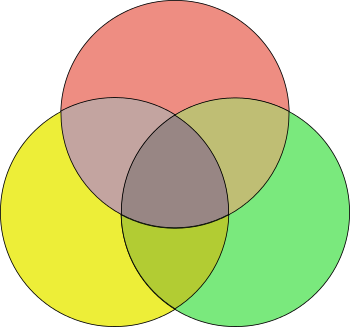I am contemplating to apply to join the European Commission Open Science Policy Platform. The OSPP will provide expert advice to the European Commission on implementing the broader Open Science Agenda. As you will see, some of us have a concern that the focus of the call is on organizations, not communities.
Rogue Scholar Beiträge

{.wp-image-1390 .size-thumbnail .alignleft loading=“lazy” decoding=“async” attachment-id=“1390” permalink=“https://jabberwocky.weecology.org/2014/02/13/ecodata-retriever-quickly-download-and-cleanup-ecological-data-so-you-can-get-back-to-doing-science/data_retriever_logo_image_only/” orig-file=“https://i0.wp.com/jabberwocky.weecology.org/wp-content/uploads/2014/02/data_retriever_logo_image_only.png?fit=250%2C250&ssl=1” orig-size=“250,250”

This has done the rounds on Twitter a lot recently, and justifiably-so but just in case you haven’t seen it yet… I thought I’d quickly blog about this excellent graph published on a FrontiersIn blog late last year (source/credit: http://blog.frontiersin.org/2015/12/21/4782/ ) With data from 570 different journals, it appears to demonstrate that rejection rate (the percentage of papers submitted, but NOT accepted for publication at a
Why our Open Data project worked, (and how Decorum can allay our fears of Open Data). I am honored to Guest Post on Björn’s blog and excited about the interest in our work from Björn’s response to Dorothy Bishop’s first post. As corresponding author on our paper, I will provide more context to our successful Open Data experience with Björn’s and Casey’s labs.

The following is a version of the text I spoke from at the STEPS 2015 Conference, Resource Politics, at a session on Open Science organised by Valleria Arza, where I spoke along with Ross Mounce and Cindy Regalado. This version is modified slightly in response to comments from the audience. There aren’t too many privileged categories I don’t fall into. White, male, middle class, middle aged, home owner.

Today (2015-09-01), marks the public announcement of Research Ideas & Outcomes (RIO for short), a new open access journal for all disciplines that seeks to open-up the entire research cycle with some truly novel features I know what you might be thinking: *Another open access journal? Really? * Myself, nor Daniel Mietchen simply wouldn’t be involved with this project if it was just another boring open access journal.

I read some sad news on Twitter recently. The Ecological Society of America has decided to publish its journals with Wiley: Whilst I think the decision to move away from their old, unloved publishing platform is a good one. The move to publish their journals with Wiley is a strategically poor one. In this post I shall explain my reasoning and some of the widespread dissatisfaction with the direction of this change.

With a first commit to github not so long ago (2015-04-13), getpapers is one of the newest tools in the ContentMine toolchain. It’s also the most readily accessible and perhaps most immediately exciting – it does exactly what it says on the tin: it gets papers for you en masse without having to click around all those different publisher websites. A superb time-saver.
Despite the hype around “big data”, a more immediate problem facing many scientific analyses is that large-scale databases must be assembled from a collection of small independent and heterogeneous fragments – the outputs of many and isolated scientific studies conducted around the globe. Collecting and compiling these fragments is challenging at both political and technical levels.

For ages I have been planning to collect some of the main aspects I would like to see improved in an upgrade to the disaster we so euphemistically call an academic publishing system. In this post I’ll try to briefly sketch some of the main issues, from several different perspectives. As a reader: I’d like to get a newspaper each morning that tells me about the latest developments, both in terms of general science news (aka.